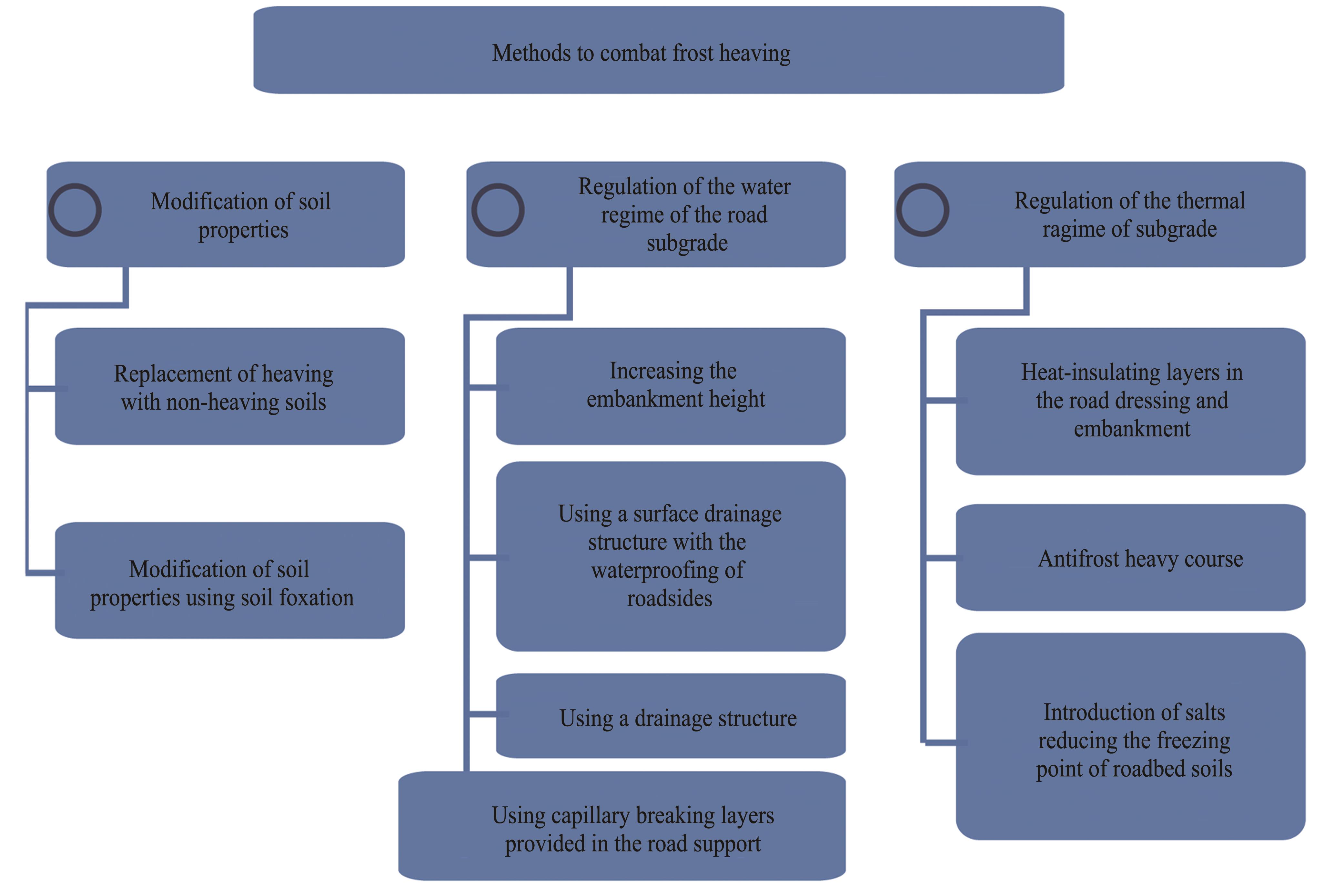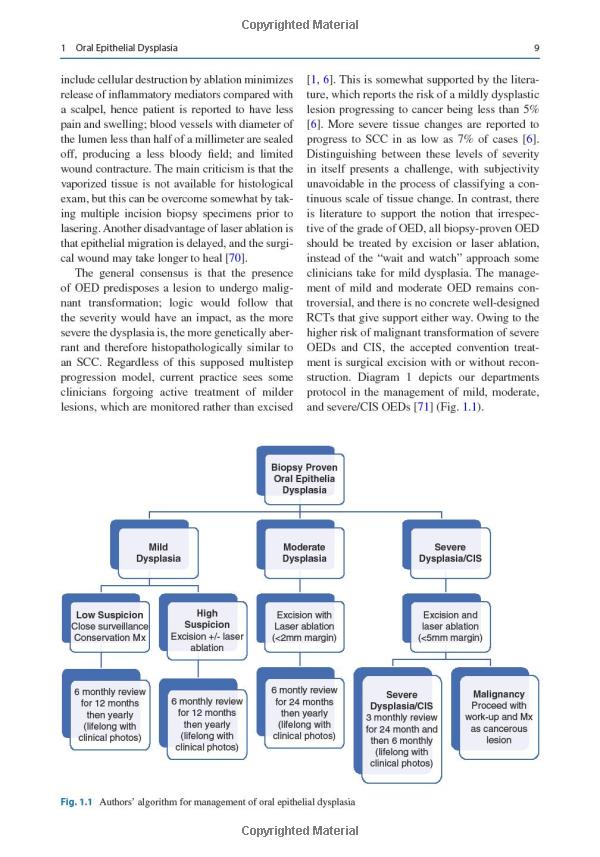Understanding the Importance of Collateral of a Loan: A Comprehensive Guide for Borrowers
#### Collateral of a LoanWhen it comes to securing a loan, one of the most critical factors that lenders consider is the **collateral of a loan**. Collatera……
#### Collateral of a Loan
When it comes to securing a loan, one of the most critical factors that lenders consider is the **collateral of a loan**. Collateral refers to an asset that a borrower offers to a lender to secure a loan. This asset can be seized by the lender if the borrower fails to repay the loan according to the agreed terms. Understanding the concept of collateral is essential for anyone looking to borrow money, whether for personal use, business expansion, or purchasing property.
#### What is Collateral?
Collateral can take many forms, including real estate, vehicles, savings accounts, or other valuable assets. The primary purpose of collateral is to reduce the risk for lenders. By having an asset to claim in case of default, lenders feel more secure in providing loans. This security often allows borrowers to access larger amounts of money or lower interest rates than they would receive with an unsecured loan, which does not require collateral.
#### Types of Collateral
There are several types of collateral that can be used to secure a loan:
1. **Real Estate**: Property is one of the most common forms of collateral. Home equity loans and mortgages typically require the property being financed as collateral.
2. **Vehicles**: Cars, trucks, and other vehicles can also serve as collateral. Auto loans are a prime example where the vehicle itself secures the loan.

3. **Savings Accounts**: Some lenders accept cash savings as collateral. This is often seen in secured personal loans where the borrower’s savings account is held as security.
4. **Investment Accounts**: Stocks, bonds, and other investments can be used as collateral, allowing borrowers to leverage their investment portfolios.
5. **Inventory and Equipment**: For businesses, inventory and equipment can be pledged as collateral to secure financing.
#### The Benefits of Using Collateral
Using collateral to secure a loan offers several advantages:
- **Lower Interest Rates**: Lenders often provide lower interest rates for secured loans because the risk is mitigated by the collateral.

- **Higher Loan Amounts**: Borrowers may qualify for larger loans when collateral is involved, as lenders have more assurance of repayment.
- **Improved Chances of Approval**: If you have a poor credit history, offering collateral can increase your chances of loan approval.
#### Risks of Using Collateral
While there are many benefits, there are also risks associated with using collateral:
- **Risk of Losing Assets**: If you default on the loan, you risk losing the asset you used as collateral. This can be particularly devastating if the collateral is a home or a vehicle.
- **Potential for Over-leverage**: Borrowers may feel tempted to take on more debt than they can handle when they have collateral backing their loans.

- **Market Fluctuations**: The value of collateral can fluctuate. For example, real estate values can decline, potentially leaving borrowers with a loan that exceeds the value of their collateral.
#### Conclusion
In summary, understanding the **collateral of a loan** is essential for any borrower. It not only impacts the terms of the loan but also the overall borrowing experience. By carefully considering the type of collateral to use and being aware of the associated risks, borrowers can make informed decisions that align with their financial goals. Whether you are looking to purchase a home, finance a vehicle, or expand your business, knowing how collateral works can help you navigate the lending landscape more effectively. Always consult with financial advisors or lenders to understand the best options available for your specific situation.